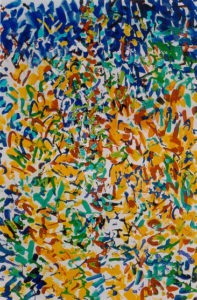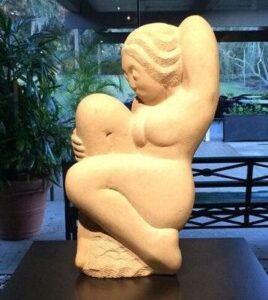Songs of 1970: Last Hurrahs for the Sixties’ Top-Selling Acts
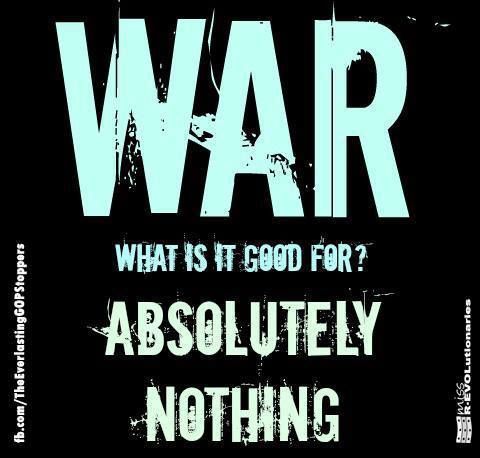
The dawn of the seventies saw a Beatles farewell and Motown in disarray.
It Was 50 Years Ago Today…
An unlikely combination of musical acts dominated popular music in the sixties. The coterie of stars toiling for the Motown label in Detroit had an astounding 191 number one hits (including cover versions) on the Billboard charts. Motown acts were ubiquitous on both AM and FM radio. School dances couldn’t get enough of Motown.
The Beatles edge out Elvis Presley for sixties dominance. In terms of album sales, the Beatles sold 178 million LP’s in the US alone, tops on the list, compared to Elvis’s 135.5 million. In terms of singles sales, it gets a little tricky, but we’ll give the edge to Elvis.
In 1970, when the Beatles were no longer an entity, the band managed to chart two songs off its Let It Be album: “Let It Be” and “The Long and Winding Road,” both McCartney compositions. The album Let It Be, released in May 1970, was technically the Fab Four’s 11th studio album. Recorded in early 1969, Let It Be remained in post-production limbo while the Beatles recorded and released in September 1969, its 12th and final album, “Abbey Road.” I’m just setting the record straight.
Both “Let It Be” and “The Long and Winding Road” were number one hits on the Billboard charts in 1970.

Meanwhile, Back in Detroit…
By 1970, Motown’s premier songwriting and production team of Holland-Dozier-Holland no longer wrote or produced hits for the Motown label.
The team, composed of Lamont Dozier and brothers Brian and Eddy Holland, played a crucial role in defining the hugely popular “Motown Sound.” The team thrived during the years 1962-67, when their productions minted hits for Marvin Gaye, Martha & the Vandellas, Mary Wells, the Four Tops and especially the Supremes, whose 12 number one singles included “Stop! In the Name of Love,” “Where Did Our Love Go,” and “You Can’t Hurry Love.”
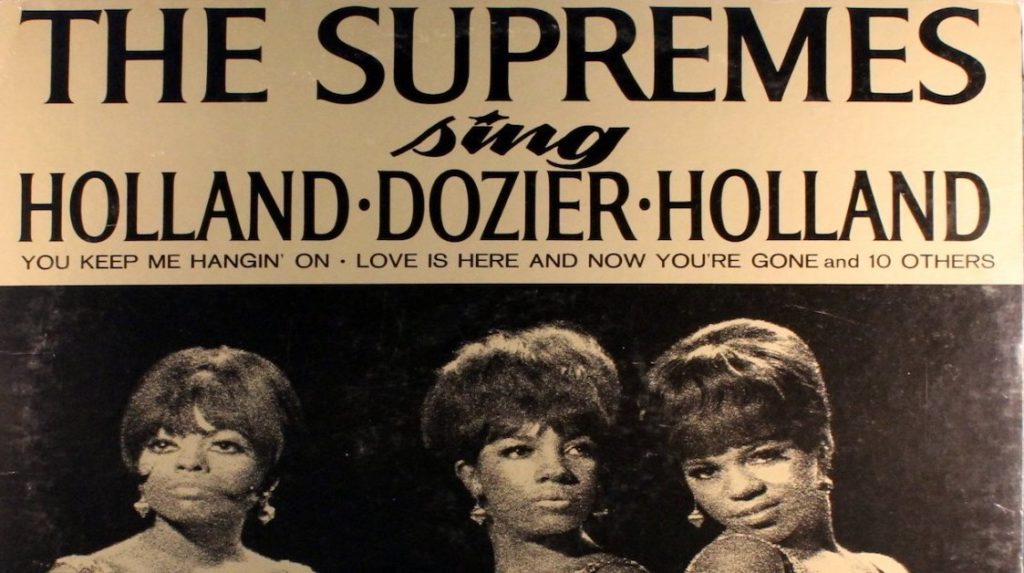
The way it worked was Lamont Dozier and Brian Holland composed and produced the songs. Eddie Holland wrote the lyrics and arranged the vocals. Each coming from a lowly position on the Motown staff, H-D-H, as they were called, teamed up to write 25 number one singles for Motown.
Good-bye, Motown
Clouds formed in 1967 when H-D-H entered into a dispute with Motown boss Berry Gordy, Jr. over…what else?…royalties and profit-sharing. By 1968 the trio had departed the label.
H-D-H went on to form their own label, Invictus, and lo and behold, the trio struck gold immediately with two number three singles in 1970: “Give Me Just a Little More Time” by Chairmen of the Board and “Band of Gold” by Freda Payne.
Norman Whitfield
Norman Whitfield was only 19 when he started hanging around the Motown Hitsville studios, waiting to catch the eye of Berry Gordy. Whitfield’s persistence paid off as Gordy assigned him to Motown’s quality control office. By 1966, he was the primary producer of the Temptations.
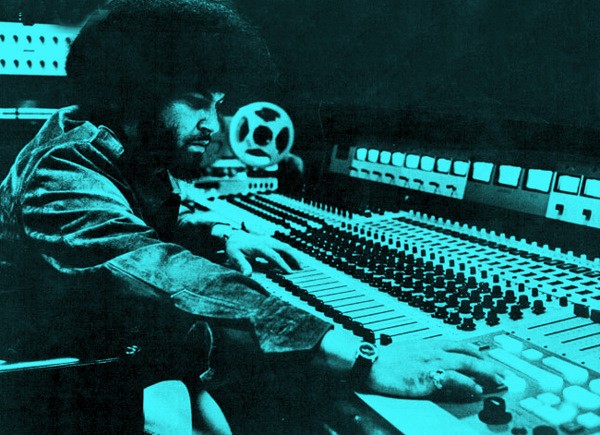
Aware of the social upheaval over war and poverty that disproportionately afflicted the black community, Whitfield pushed the Temptations into a “harder, darker sound,” reminiscent of Sly & the Family Stone and Funkadelic. Some called it psychedelic soul. Whatever its label, the Temptations scored two socially-conscious hits in 1970: “Ball of Confusion (That’s What the World Is Today)” and “Psychedelic Shack.”
Other Whitfield compositions for the Temptations included “Cloud Nine” (1968) and “Papa Was a Rolling Stone,” (1972), which is, in my opinion, the greatest soul song of all time.
Whitfield was always searching for a hit, even if it meant using a lesser artist in the Motown stable. The song “War” was first recorded by the Temptations, but it turned out nothing epitomized the moral outrage over the Vietnam war as Edwin Starr’s booming, growling, anthemic, “good God, y’all!” voice. Edwin Starr’s “War,” playfully based on the composition, “Louie, Louie,” went to number one on the charts in August 1970. Listen for yourself in the original lip-synched performance, the video just over three minutes, published by Stream Crops via YouTube:
My Top 20 Singles of 1970
1) Big Yellow Taxi – Joni Mitchell
2) Let It Be – the Beatles
3) Ohio – Crosby, Stills, Nash & Young
4) The Thrill Is Gone – B.B. King
5) Let It Bleed – The Rolling Stones
6) Fire and Rain – James Taylor
7) Bridge Over Troubled Water – Simon & Garfunkel
8) If Not For You – Bob Dylan
9) Lola – the Kinks
10) War – Edwin Starr
11) My Sweet Lord – George Harrison
12) Your Song – Elton John
13) Spill the Wine – Eric Burdon & War
14) American Woman – The Guess Who
15) Who’ll Stop the Rain – Creedence Clearwater Revival
16) 25 or 6 to 4 – Chicago Transit Authority
17) (I Know) I’m Losing You – Rare Earth
18) Green-Eyed Lady – Sugarloaf
19) The Tears of a Clown – Smokey Robinson & The Miracles
20) Signed, Sealed, Delivered I’m Yours – Stevie Wonder
What did I miss? Remember, the song had to be released as a single, in the calendar year 1970.



